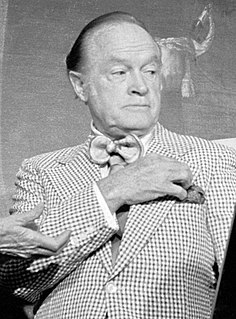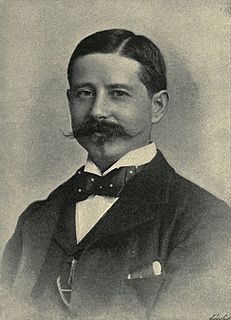A Quote by Kurt Vonnegut
We were German-Americans in a British colony, so we were outsiders.
Related Quotes
Australia is this former British colony at the foot of Asia. We've been involved - we've been in lockstep with America in every battle you have fought for a century. We were there in Vietnam. We were there in Korea. We were there in Iraq. We were there in Afghanistan. We are slightly apprehensive about the rise of China.
In the late 1930s, both the British and American movie industries made a succession of films celebrating the decency of the British Empire in order to challenge the threatening tide of Nazism and fascism and also to provide employment for actors from Los Angeles's British colony. The best two were Hollywood's Gunga Din and Britain's The Four Feathers...
Imperialism has now reached a degree of almost scientific perfection. It uses White workers to conquer the non-white workers of The Colonies. Then, it hurls the non-white workers of one colony against those of another non-white colony. Finally, it relies on the Colored workers of the colonies to rule the White workers. Recently, White French soldiers near mutiny in the occupied Ruhr of Germany, were surrounded by French African soldiers, and colored native light-infantry were sent against White German strikers.
By the time we got to Courageous, we were bringing in more outsiders, so any time we would bring in outsiders, we would offer to pay them, and [as for volunteers from] the church, because they were getting the benefit of the income to all the ministries of the church and the mission, the building program and all those things, they knew up-front that they were volunteering and gladly did so.
Americans and British respondents don't want to let the German people off the hook. They make the case that if you get rid of Hitler, some other leader apart from Hitler would have emerged and, because of the structural constant of German nationalism, would have exploited German national feeling and produce the same kind of events no matter what.
Within forty years of their arrival in the Plymouth colony, the first white settlers were afraid their children had lost the dedication and religious conviction of the founding generation. Ever since, Americans have looked to the next generation not only with love and solicitude but with a good measure of anxiety, worrying whether they themselves were good parents, fearful that their children would not turn out well.
I think my father [ Erwin Rommel] would have given the same answer. The British and Americans and the French were too strong, too strong and the strategy of this battle was too clever. And the war may be - it would have taken some weeks longer before the German front was penetrated. And by the way, today we know that it was better to lose the war than to win it with Hitler.






































